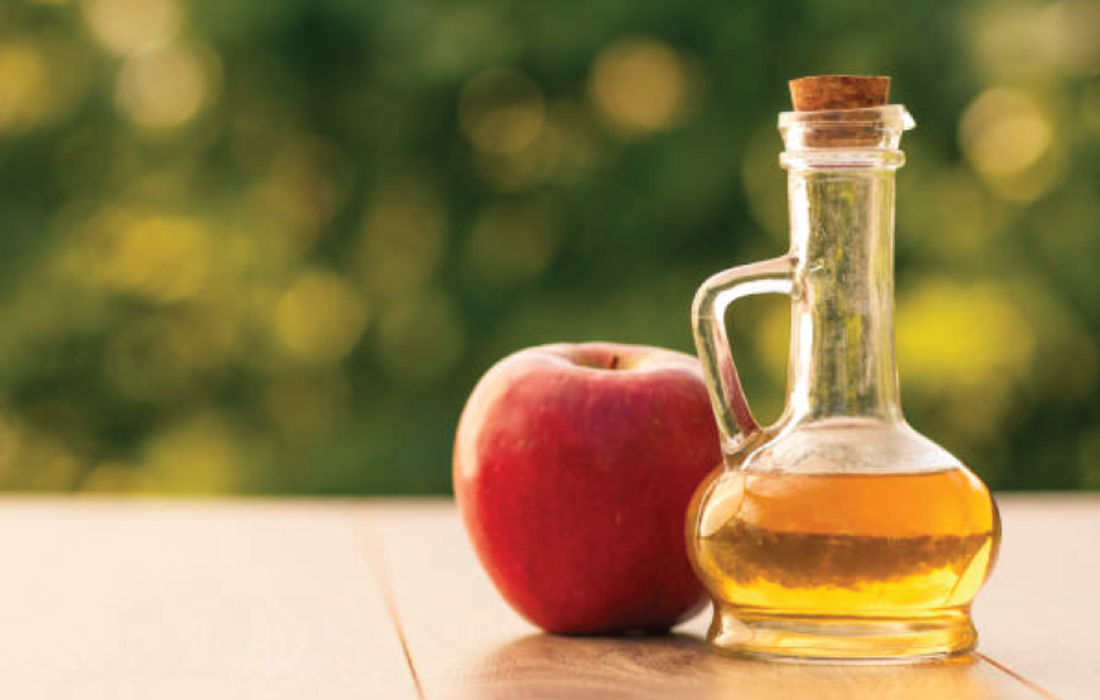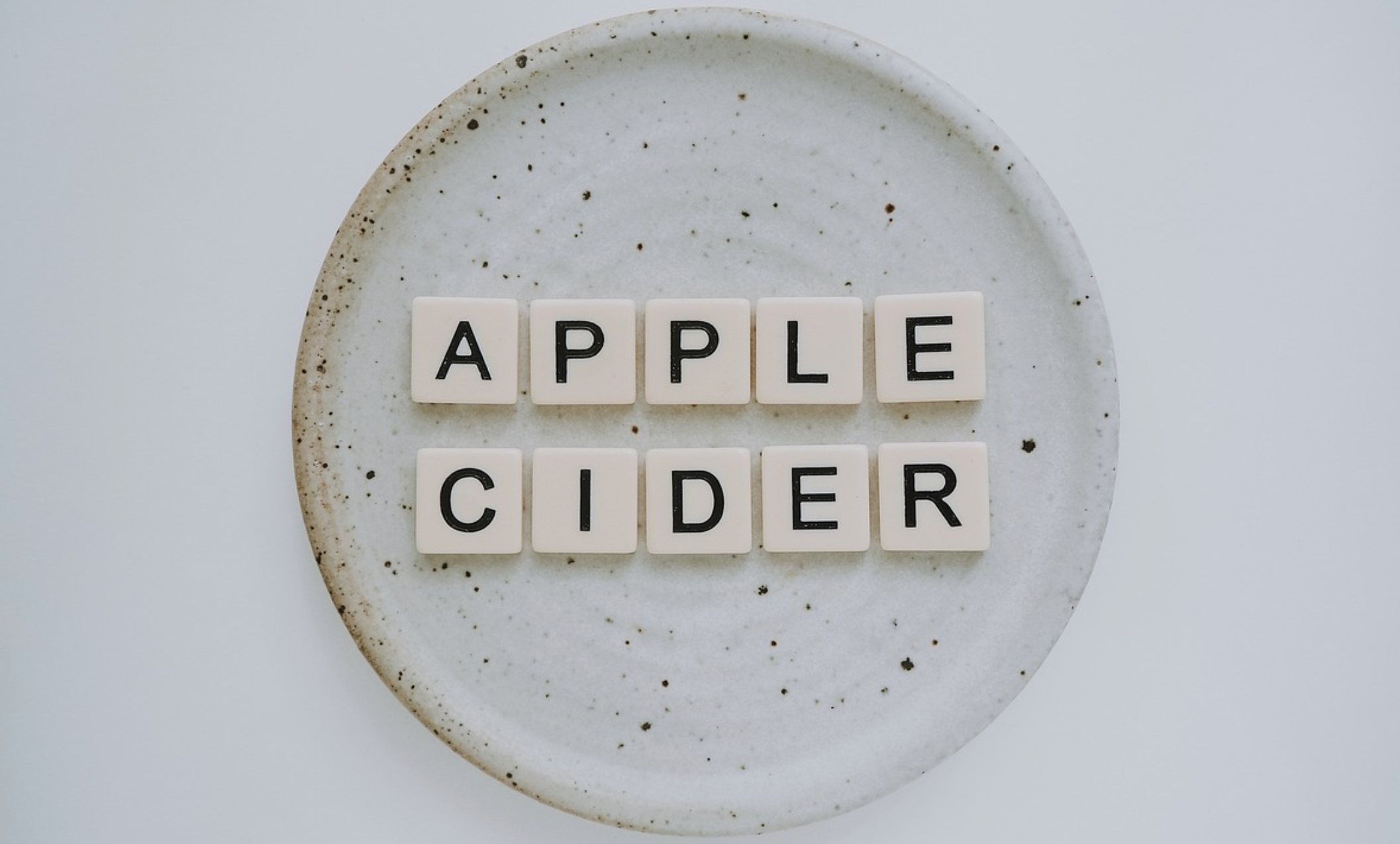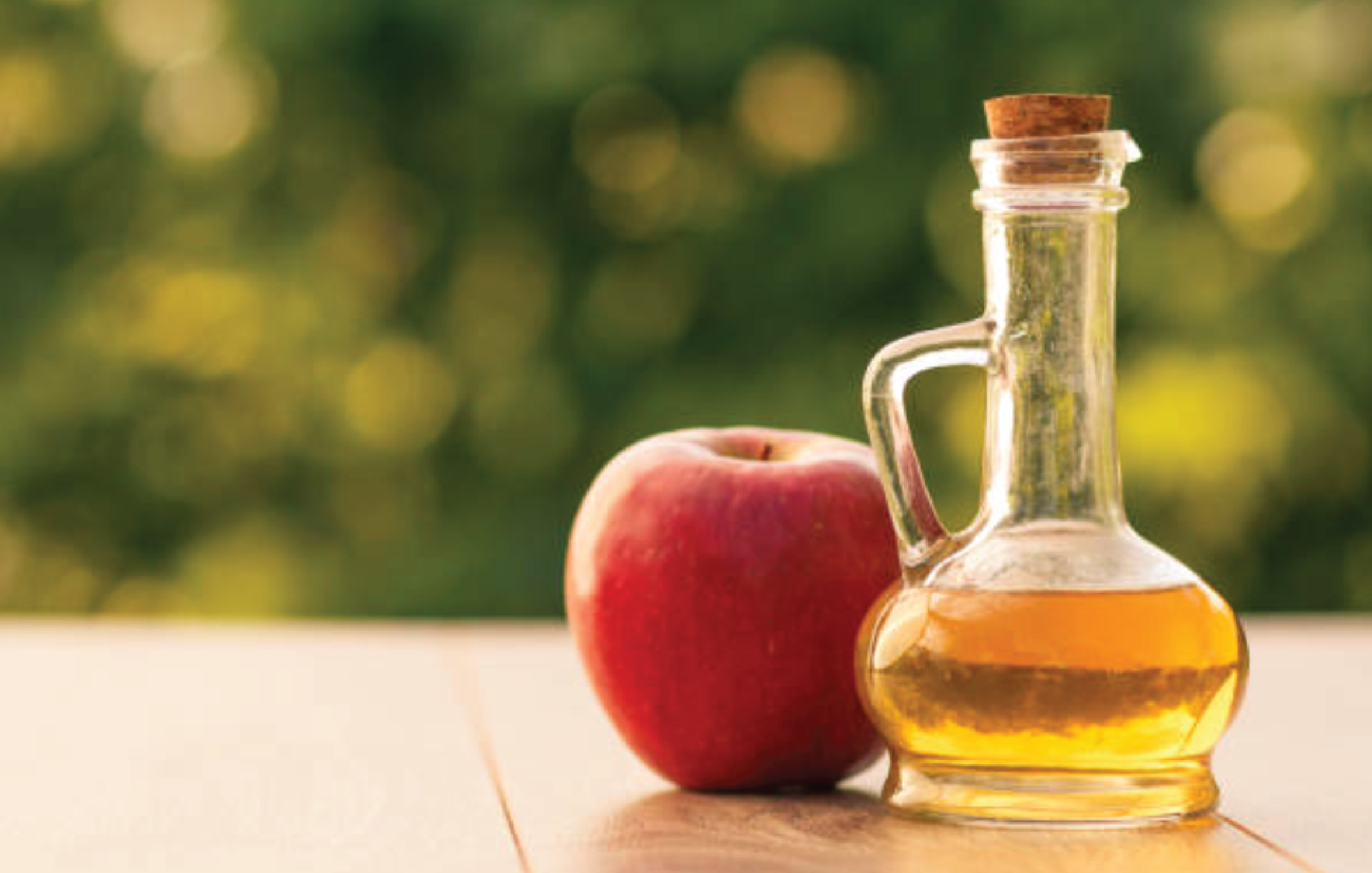
Apple Cider Vinegar, A suitable chicken wormer?
Share

When it comes to chicken health, there are various natural remedies and home remedies that often circulate among poultry enthusiasts. One such remedy is the use of apple cider vinegar (ACV) as a dewormer for chickens. Apple cider vinegar (ACV) is sometimes believed to have worming properties for chickens, but its effectiveness as a sole treatment for internal parasites in chickens is not scientifically proven. While ACV may have some health benefits for chickens, including potential support for digestive health, it should not be relied upon as the sole method of deworming.
Limited Scientific Evidence:
While apple cider vinegar has gained popularity as a health supplement for humans and animals, there is a lack of scientific evidence supporting its efficacy as a dewormer for chickens. Despite anecdotal claims and personal experiences, scientific studies have not conclusively shown that ACV alone can effectively treat internal parasites in chickens.
Lack of Specificity:
Internal parasites in chickens can vary in type and severity, including worms such as roundworms, tapeworms, and coccidia. Each type of parasite requires a specific treatment approach. Apple cider vinegar, with its acidifying properties, may affect the pH of the digestive system but does not specifically target or eliminate these parasites.
Integrated Approach to Deworming:
Proper deworming of chickens involves a comprehensive approach that goes beyond a single remedy. Deworming protocols should be developed in consultation with a poultry veterinarian who can perform feceal exams to identify the specific parasites present in the flock. This enables them to prescribe appropriate deworming medications that effectively target the identified parasites.
Implementing good husbandry practices, such as maintaining a clean coop, providing a balanced diet, practicing rotational grazing, and avoiding overcrowding, can help reduce the risk of internal parasite infestations in chickens.

Risk of Delayed Treatment:
Relying solely on apple cider vinegar as a dewormer may lead to delayed or ineffective treatment. Delaying the use of proven deworming medications can allow the internal parasite population to multiply and cause more harm to the chickens' health, resulting in poor growth, reduced egg production, and even increased mortality.
Importance of Veterinary Guidance:
Poultry veterinarians play a crucial role in chicken health management. If you suspect your chickens have internal parasites, it is recommended to consult a poultry veterinarian for appropriate diagnosis and guidance. A veterinarian can perform fecal exams to identify the specific parasites present and recommend the most effective deworming treatment specific to your flock's needs.
Supporting Digestive Health:
ACV is often used to promote digestive health in chickens. It is believed that the acidity of ACV helps create a more favourable environment in the gut, potentially discouraging the growth of harmful bacteria. A healthy gut can indirectly support the chicken's ability to resist or tolerate parasites.
While apple cider vinegar has gained a reputation as a natural remedy for various health conditions, its effectiveness as a dewormer for chickens remains unproven. It's crucial to rely on scientifically supported methods and seek guidance from a poultry veterinarian when it comes to deworming protocols. By taking a comprehensive approach and using proven deworming medications, chicken owners can effectively control internal parasite infestations, ensuring the health and well-being of their flock. Remember, evidence-based practices are always the most reliable path to maintaining optimal chicken health.
Want to check your flock for worms? Get a Fecal Egg Count done HERE
Written by Sam Hurley

